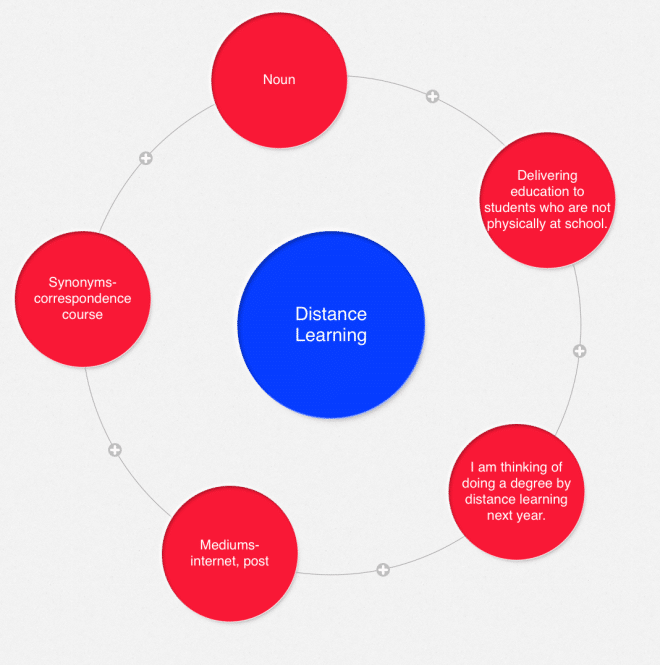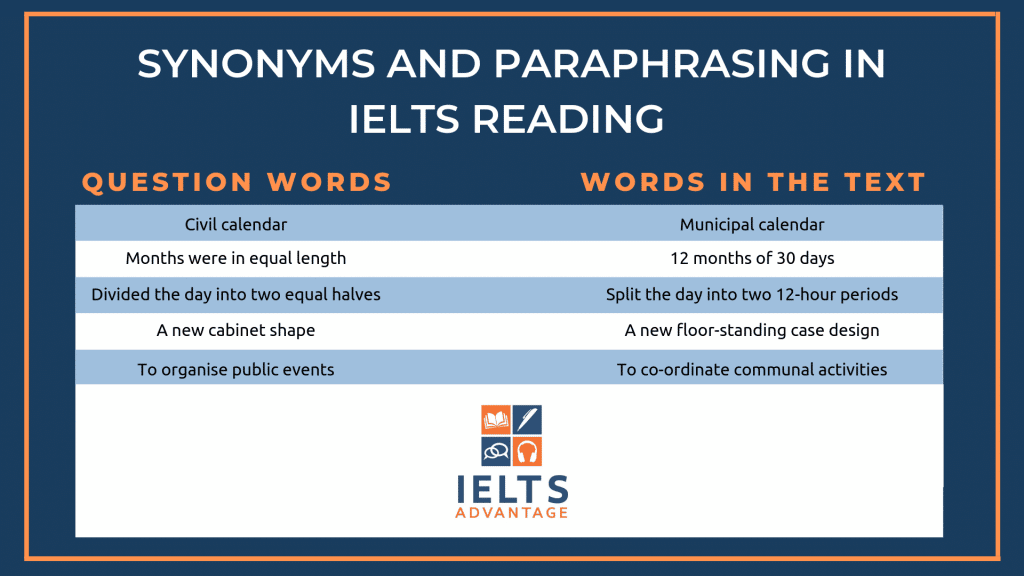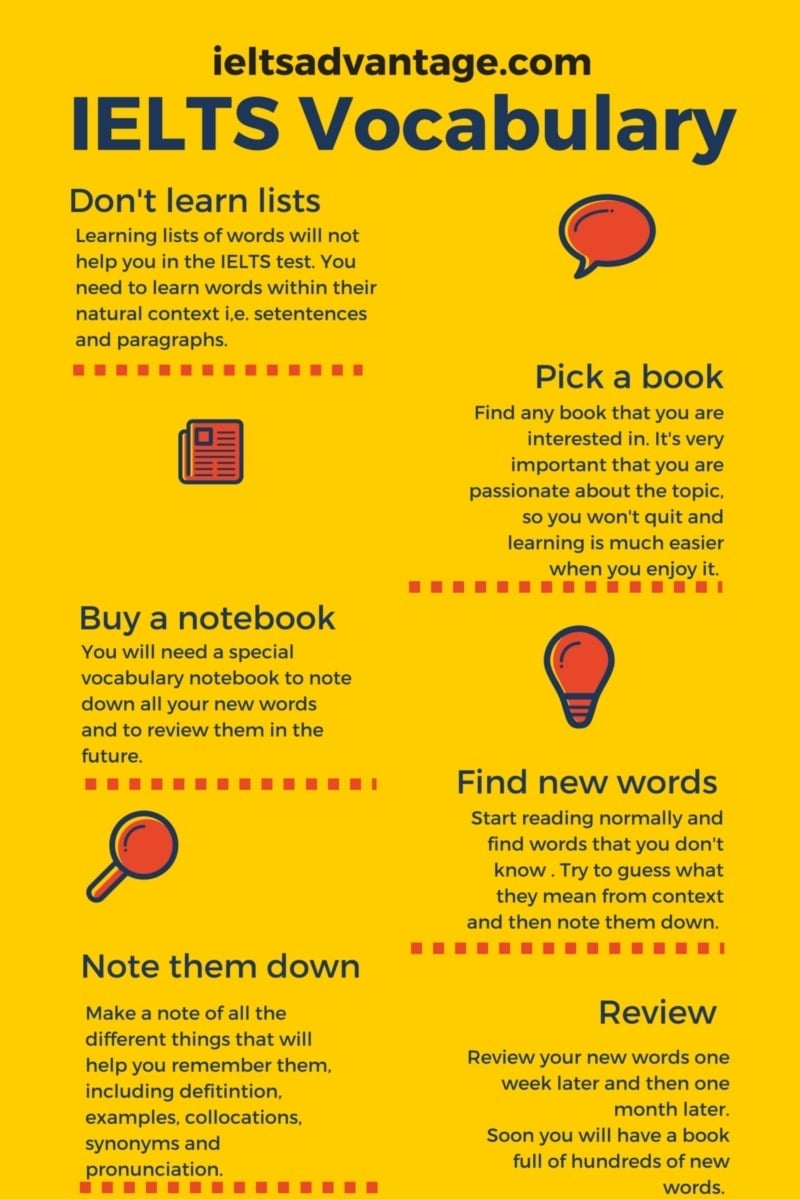IELTS Vocabulary is not assessed as a separate module on the test but does comprise 25% of your total score on the Writing and Speaking tests, and is therefore essential. The examiners will assess your ability to use a wide range of appropriate vocabulary and use those words accurately.
What Does Band 9 IELTS Vocabulary Look Like?
IELTS Vocabulary: Free Mini-Course
In this free 3-day mini-course, I’ll teach you everything you need to know about IELTS Vocabulary so that you can improve your skills from home and get the score you need.
By the end of this mini-course, you’ll understand:
- Why your vocabulary is so important.
- Myths that could LOWER your IELTS score (and how to avoid them).
- What Band 7 vocabulary looks like.
- How to use vocabulary to score a Band 7, 8 or 9.
Watch until the end to get my free Vocabulary Improvement Plan!
Learn IELTS Vocabulary in 6 Steps
- Find a source you enjoy.
Choose a book, TV show, radio show, podcast, YouTube series or magazine that interests you. People learn more effectively when they enjoy what they are doing, so don’t pick something boring! - Get a new notebook.
It doesn’t have to be expensive, just somewhere for you to record your notes every day. - Consume your source.
Read/watch/listen to whatever you chose in Step 1, and pick out 15 words you don’t understand. Try to guess what they mean from the context. (This step is very important because it will help you remember the new words.) - Note down new words.
Note the 15 new words in your notebook. - Look up the meaning.
Look up the new words in an online dictionary. Beside each word, note the meaning, an example sentence or two, collocations, synonyms, antonyms, and pronunciation. You can also draw pictures – whatever helps you to remember the word. - Review your new words.
Review the new words after one week, two weeks and then one month. Practice using them in a sentence.
Follow this simple strategy for 5 days a week, and you will have 300+ new words in your notebook after just 1 month. After 6 months, you will have learned almost 2000 new words!

How Word Lists Can Lower your Score
If you type ‘IELTS vocabulary’ into Google, you’ll find 1000s of websites with long lists of complicated words. Most of these websites will let you believe that their ‘Word Lists’ or ‘Band 7 Vocabulary’ will boost your IELTS score…
But these websites are NOT helping you.
After years of marking IELTS essays, I can promise you that learning a few words from a list you found online will never increase your score.
The only way to effectively learn new words and use them properly is by learning them from context, or in other words, from real sources of information. NOT lists.
Did you know?
The human mind can only effectively remember around 15 new words in a foreign language per day – any more, and you won’t learn them properly and make mistakes.
What happens if I learn IELTS word lists?
In the past, many of my students have downloaded long lists of words or ‘Band 7 Vocabulary’ with the hopes that they could learn new words by memorising them. The result was always the same: they would try to use these new words in a sentence and get them completely wrong.
It doesn’t matter how ‘complicated’ your vocabulary is – IELTS examiners can tell when you use a word incorrectly and will give you a lower mark if you make lots of mistakes.
How should I learn new IELTS Vocabulary?
In my experience, the 6-Step Plan above is the most effective way of improving your IELTS Vocabulary. It has helped thousands of my students get the scores they need!
You can also click the button below to download my FREE IELTS Vocabulary Improvement Plan:
IELTS Vocabulary Word Circles
I analysed all of the Task 2 papers from the last few years and established that there are 10 common topics.
Below you will find a list of these common topics – click on them to find 20 words linked to each.
Here is an example:

Each word is visually represented, and I have also included synonyms, antonyms, meanings, collocations and example sentences.
Below is a list of topics of common IELTS vocabulary:
Note that these are not definitive lists or a complete set of words that will help you get a high score in the test. These are to demonstrate how I use the vocabulary improvement methods outlined on this page to analyse common topics.
Is Vocabulary Important?
Vocabulary makes up 25% of your total mark in the Writing and Speaking tests, so the answer is yes.
Also, did you know that the Listening and Reading tests are really vocabulary tests too? Take a look at the table below:

You’ll find words in the question from an official IELTS reading test in the left column. On the right, you’ll find words that were used in the text.
As you can see, many synonyms are used in the IELTS exam and are needed to answer the question. Therefore, you MUST have a wide-ranging vocabulary to do well on the Listening and Reading tests.
Get more help with synonyms here.
Do Idioms Improve Your IELTS Score?
We’ve helped hundreds of students get a Band 9. We analysed their practice tests and found 18 common idioms, but did they improve their score? Check out the article below to find out.
Online Sources of Information
I know that many of you might live in countries with a limited number of good English bookshops. However, there are lots of online sources that you can use. The great thing about using online materials is that you can choose exactly what you want and never get bored.
Below are a few of my favourite websites for reading online, and all of them are connected to the most common topics:
You can also keep up to date with current events by reading the news every day. The news always uses relevant vocabulary:
Finally, podcasts are an invaluable and entertaining source of information. Check out my article below on how you can use podcasts to help you improve your English (it also includes a list of my favourites!).
BEST PODCASTS FOR ENGLISH LEARNERS
Summary
The infographic below is a quick summary of how to learn new vocabulary before your IELTS test.

You might also be interested in:
5 Things You Need to Know About IELTS Vocabulary
What Band 7 Vocabulary Looks Like
Writing Task 1 Vocabulary and Grammar Guide
Next Steps
For more personalised help with your vocabulary skills, email me at chris@ieltsadvantage.com, and I’ll be happy to help you out.
I also recently created a comprehensive step-by-step Vocabulary Course for my VIP students. Get in touch to hear more about it!

